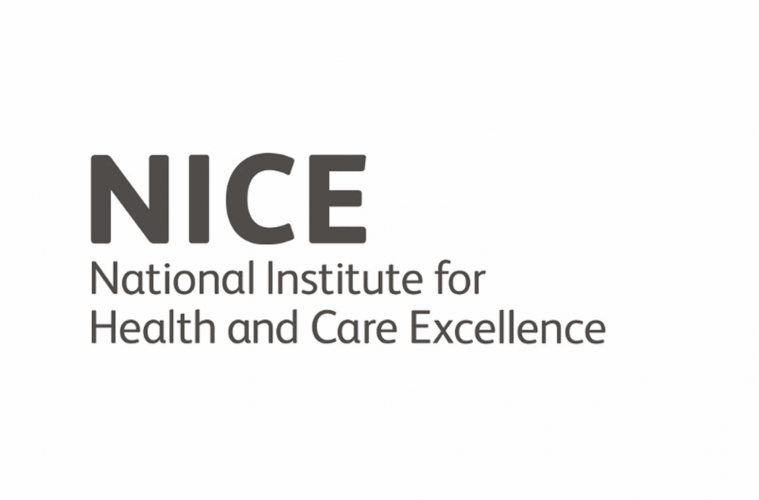The National Institute for Health and Care Excellence (NICE) has recommended Novartis’ Kisqali (ribociclib) in combination with fulvestrant for women with prior endocrine therapy. It will be made available for routine use on the NHS for the treatment of hormone receptor (HR)-positive, human epidermal growth factor receptor 2 (HER2)-negative locally advanced or metastatic breast cancer in combination with fulvestrant in women who have received prior endocrine therapy.
In the UK, around 55,000 women are diagnosed with breast cancer each year. Thirty per cent of women with earlier stages of breast cancer will develop advanced disease, while eighty-five per cent of women diagnosed with advanced breast cancer will not live longer than five years.
This NICE recommendation is based on the latest data from the second line subpopulation of MONALEESA-3 clinical study where ribociclib plus fulvestrant demonstrated a median progression free survival (PFS) of 14.6 months vs 9.1 months with placebo plus fulvestrant. The second line subpopulation consisted of patients who had progressed after one line of endocrine treatment for advanced disease or relapsed while on, or within twelve months of completing, neoadjuvant or adjuvant endocrine therapy.
MONALEESA-3 is the largest trial to evaluate a CDK4/6 inhibitor plus fulvestrant as initial therapy in postmenopausal women (N=726). The trial included women with no prior endocrine therapy, including those diagnosed de novo, women who relapsed within twelve months of adjuvant therapy and women who progressed on endocrine therapy for advanced disease.
‘This positive decision by NICE to provide routine commissioning of Kisqali in combination with fulvestrant in the second line setting as a standard of care on the NHS marks good news for those living with secondary breast cancer in the UK,’ said Dr Duncan Wheatley, Royal Cornwall Hospital NHS Trust. ‘Based on the pivotal results from the MONALEESA-3 study, the approval is an important move towards ensuring people living with this incurable condition have access to treatments where their disease can be controlled and their quality of life is supported.’
Kisqali in combination with an aromatase inhibitor for previously untreated, hormone receptor-positive, HER2-negative, locally advanced or metastatic breast cancer has been routinely available on the NHS since 2017 in England and Wales. Until this new NICE recommendation, Kisqali in combination with fulvestrant for women with prior endocrine therapy had been funded via the Cancer Drugs Fund (CDF) since August 2019. A CDF recommendation only has temporary status and allows for newer treatments to be accessed while further data is collected to address clinical uncertainty.
‘The recommendation by NICE is a welcome development for people living with advanced breast cancer who require additional treatment options that can maintain their quality of life and provide them with more time without disease progression,’ commented Mari Scheiffele, Novartis Oncology General Manager, UK & Ireland. ‘This NICE recommendation further demonstrates the value of Kisqali treatment for advanced breast cancer patients. In securing the routine NHS funding for Kisqali in combination with fulvestrant, we can help shift some of the uncertainty that patients may have been experiencing while ribociclib was only available through the CDF. As Novartis Oncology, we are pleased to have worked with NICE to secure access to Kisqali for all eligible patients.’



